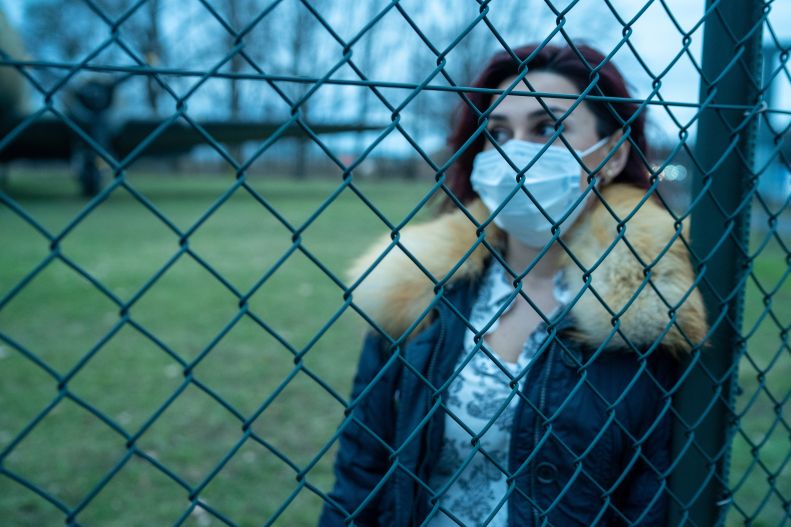How COVID Changed Latin America

Gustavo Flores-Macías in World in Focus
Gustavo Flores-Macías (LACS) coauthored a Journal of Democracy article that looks at examples from Brazil, Colombia, Costa Rica, El Salvador, Mexico, and Peru to explore why some political systems fared better.
“The emergency left room for political agency and the framing of innovative solutions to governance challenges. While the pandemic did see increases in political corruption, opportunism among leaders, human-rights abuses, militarization, and economic hardship, there has also been an upside.”
COVID-19 was a stress test for democracy in Latin America and the Caribbean, according to the January article.
Pandemic death tolls and socioeconomic effects in the region were among the worst in the world. Measures adopted to contain the virus gave corrupt leaders cover to consolidate power—with power grabs, militarization, human rights abuses, and pandemic denial documented across the region.
The effects were not uniformly negative, however, the article argues: “The pandemic also prompted renewed economic crisis management, social mobilization, and local checks to central power.”
Successful national and local responses to the pandemic offer some hopeful evidence of democratic resilience. Protests became more common and influential during the pandemic as “voters and social movements mobilized to protect human rights and contest inequitable reforms.” New openings for political challengers will shape the coming decade of governance in the region, the article predicts.
“The COVID pandemic's effects are still putting strain on democracy and governance in Latin America and the Caribbean. The closing of civic space and the rise of corruption, citizen insecurity, political discontent, and populist power grabs are ongoing trends,” Flores-Macías and his coauthors conclude. “Yet pandemic-era repression and backsliding could have been worse, which suggests that democratic systems and norms in Latin American may be stronger than many thought.”
Gustavo Flores-Macías is a steering committee member and past director of Einaudi's Latin American and Caribbean Studies Program. He is a professor in the College of Arts and Sciences and Cornell Brooks School of Public Policy.
Featured in World in Focus Briefs
